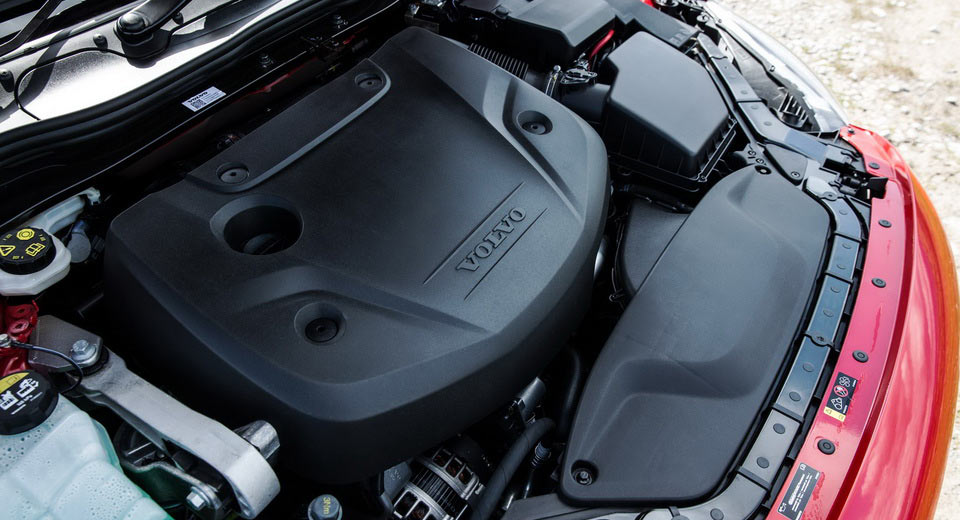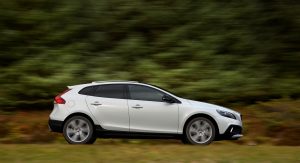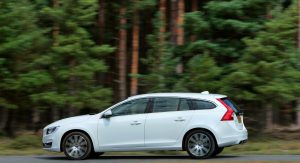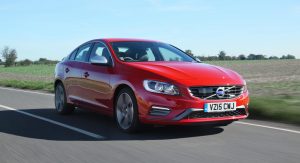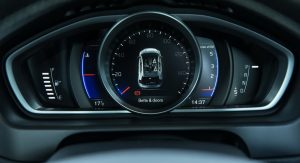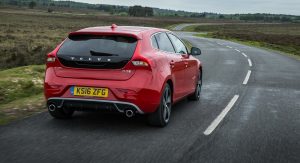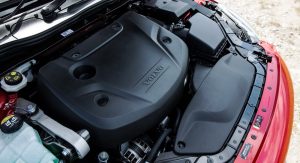According to Volvo boss Hakan Samuelsson, the Swedish automaker will stop developing any new diesel engines due to the increasing costs of reducing emissions of nitrogen oxide.
“From today’s perspective, we will not develop any more new-generation diesel engines,” said Samuelsson when interviewed by Germany’s Frankfurter Allgemeine Zeitung, as reported by Autonews.
The Volvo boss stated that his company will keep developing current diesel-powered models introduced in 2013 in order for them to meet future emissions standards, although this will likely stop around the year 2023.
Their alternative of course is to invest in electric and hybrid cars, with a pure electric model already scheduled to hit the market in 2019.
“We have to recognize that Tesla has managed to offer such a car for which people are lining up. In this area, there should also be space for us, with high quality and attractive design,” added Samuelsson, who also believes that tighter emissions rules will up the price of diesel cars to the point where plug-in hybrids will actually become an attractive alternative.
One of the reasons why Volvo can’t afford to cut off their diesel engine production just yet is of course popularity. Diesel cars account for more than 50% of all new registrations in Europe, where 90% of Volvo’s popular XC90 models are being purchased with diesel powerunits.
Yet, investing in more exhaust emissions technology will become crucial in the near future, as the average carbon dioxide emissions limit for European carmakers’ fleets will be required to drop from 130g/km to as little as 95g/km in 2021.



